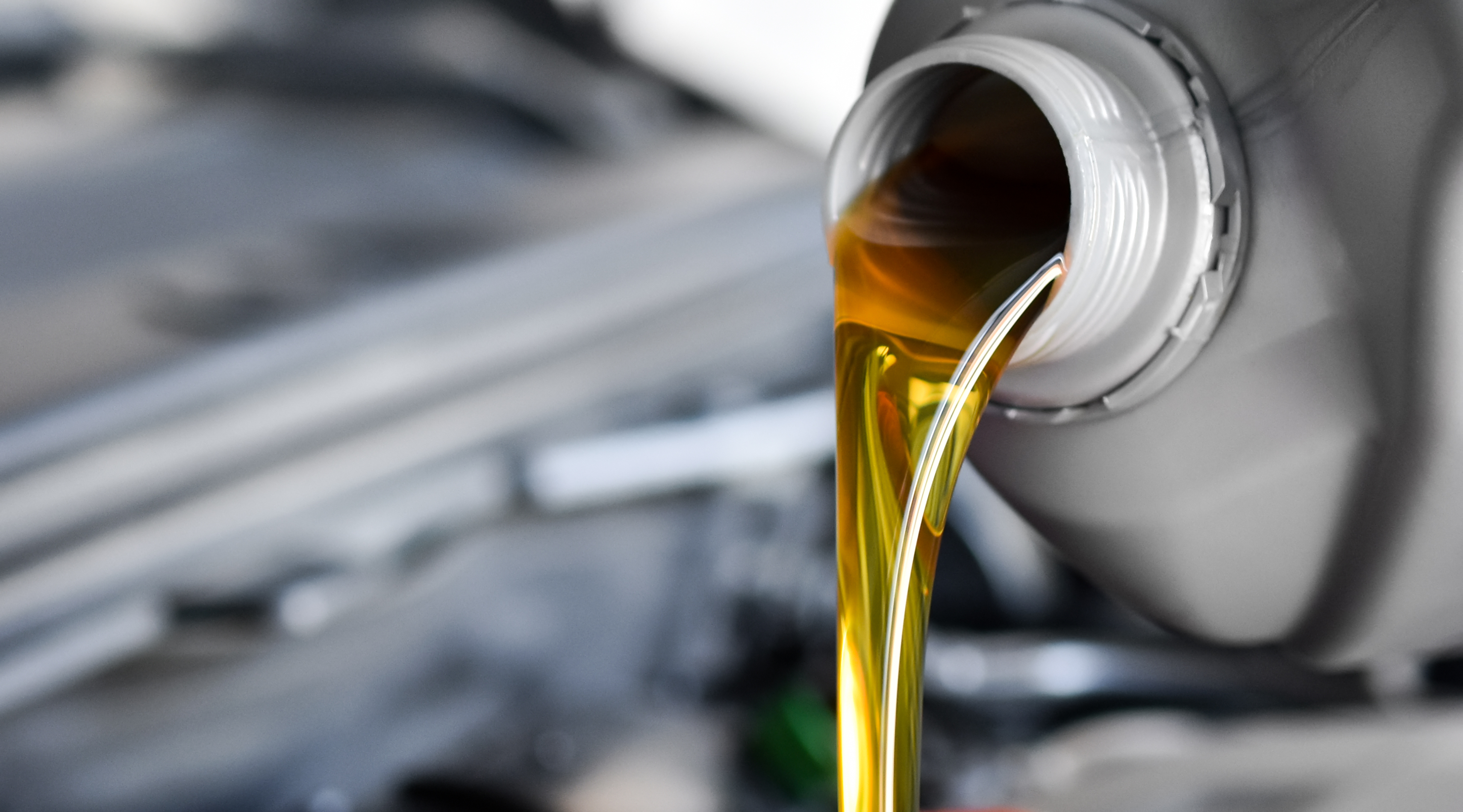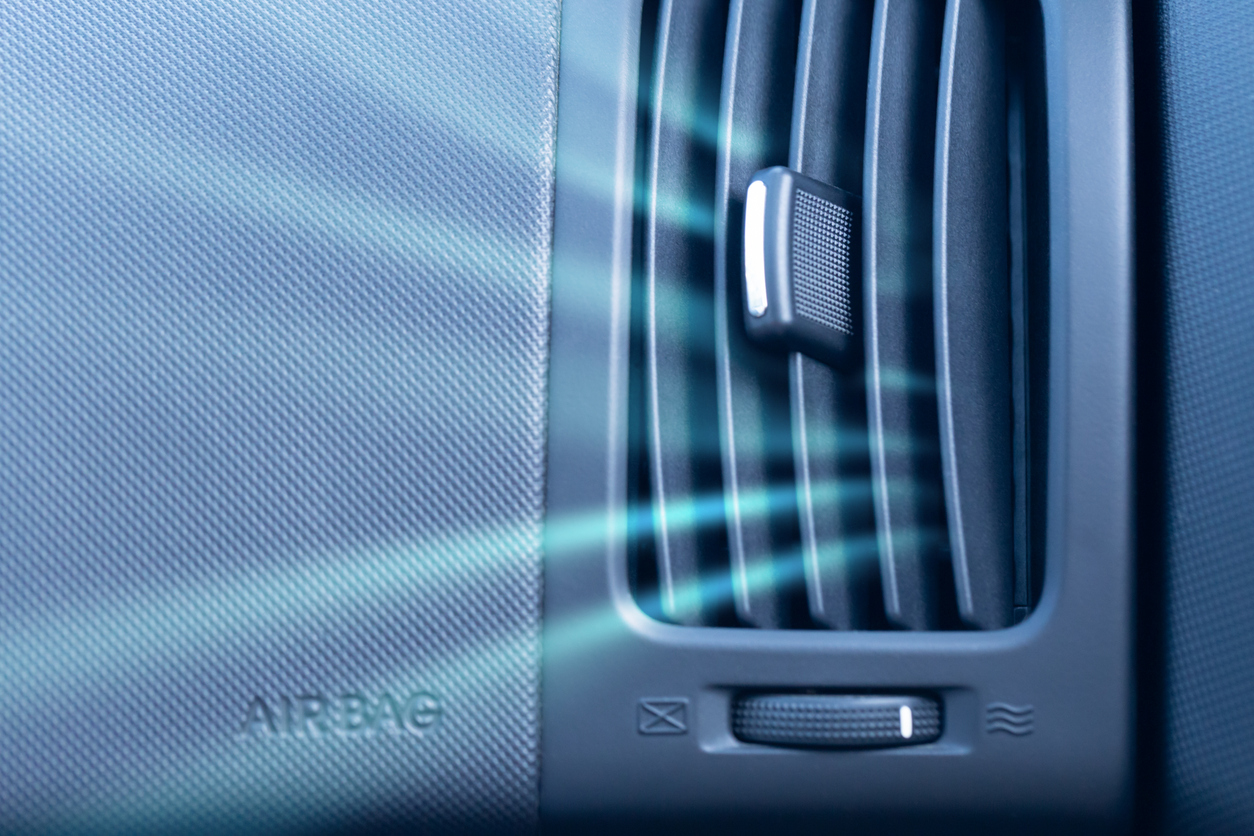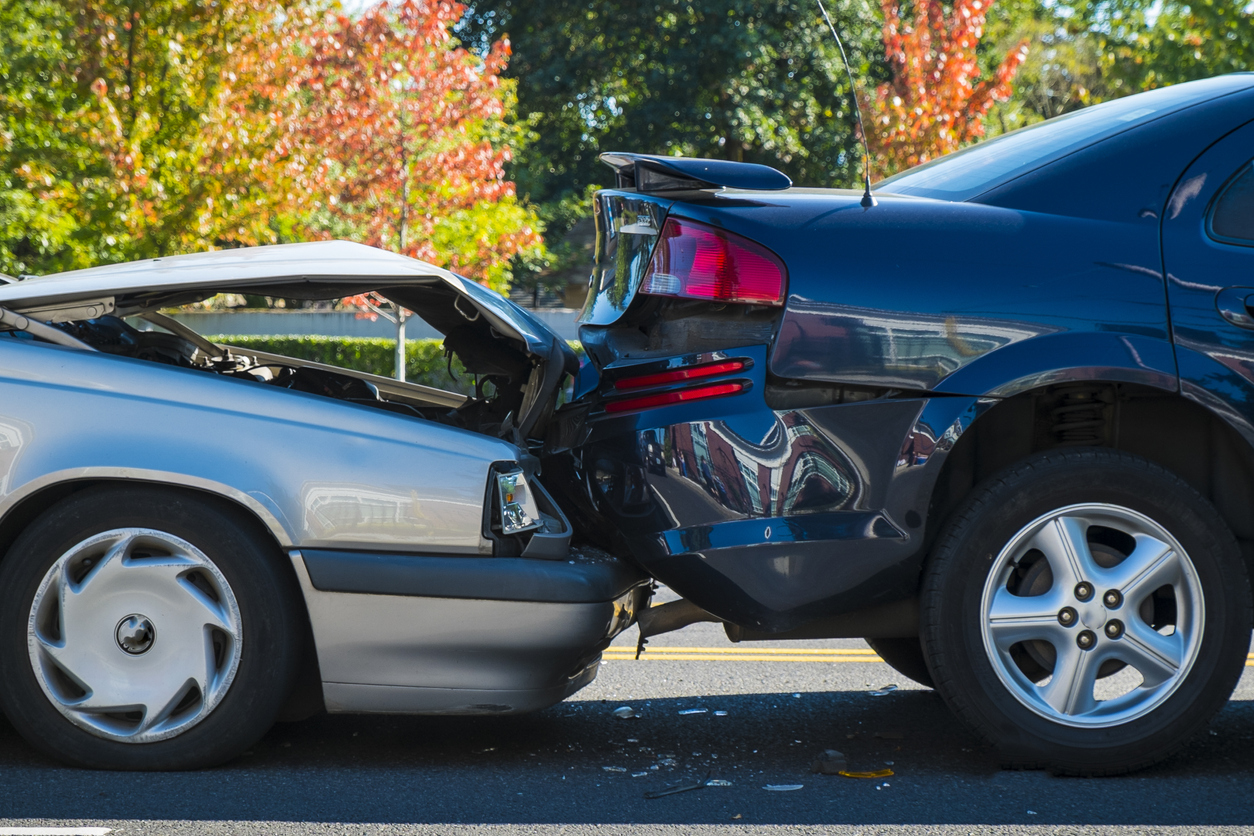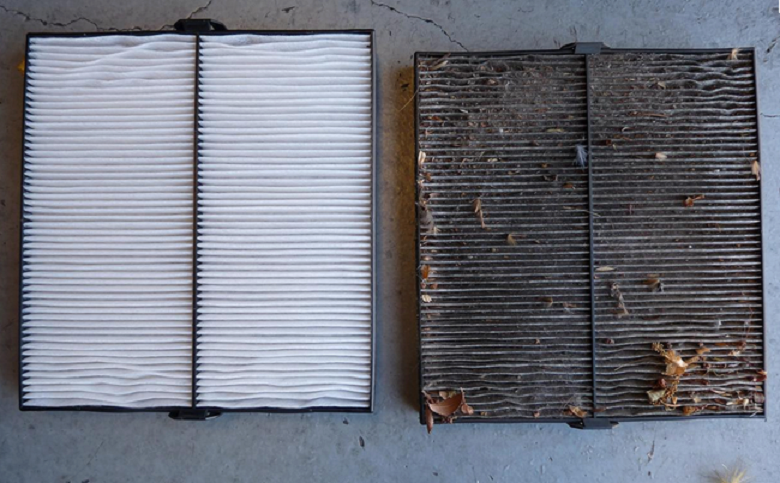Posted on 1/20/2026

Why Winter Is Tough on Your Battery, Brakes, and Fluids The holidays often mean long road trips, stop-and-go traffic, packed cars, and unpredictable winter weather. Once the decorations come down and life returns to normal, many drivers forget one important step: post-holiday vehicle maintenance. At Bret’s Autoworks, we see firsthand how winter driving can quietly take a toll on key systems—especially your battery, brakes, and fluids. Addressing these issues early can help prevent breakdowns, extend your vehicle's life, and keep you safe during the coldest months of the year. Why Winter Driving Is Hard on Your Vehicle Winter conditions are tough on cars for several reasons: Cold temperatures reduce battery efficiency Snow, ice, and road salt accelerate wear on braking components Short trips and temperature swings stress engine fluids Even if your vehicle seems to be running fine, winter wear often builds slowly&mdas ... read more
Posted on 5/21/2025

At Bret's Autoworks, regular oil changes are one of the most essential—and cost-effective—ways to protect your vehicle's engine and extend its lifespan. Whether commuting through Overland Park or taking long road trips across Kansas, routine oil maintenance ensures your engine runs smoothly, efficiently, and reliably. Why Oil Changes Matter Motor oil is the lifeblood of your engine. It lubricates moving parts, reduces friction, prevents overheating, and traps contaminants such as dirt, metal particles, and moisture. Over time, oil degrades and becomes less effective, leading to increased wear and tear on engine components. Neglecting oil changes can result in: Sludge buildup that clogs engine passages Increased friction leading to overheating Reduced fuel efficiencyPremature engine wear or failure Regular oil changes help prevent these issues, ensurin ... read more
Posted on 1/17/2025

Few things are as inconvenient as a car heater failing on a chilly morning or during a long winter drive. While it might seem daunting, understanding how to address this issue can make the experience much less stressful. Bret's Autoworks has a step-by-step guide to help you stay warm and get your heater back in working order. When you are ready, give Bret's Autoworks a call! Step 1: Diagnose the Problem Before diving into repairs, try to identify the cause of the issue. Here are common culprits: Low Coolant Levels: Your car’s heater relies on engine coolant. If the levels are low, the heater won’t function properly. Thermostat Issues: A faulty thermostat can prevent the engine from reaching the right temperature, which impacts the heater’s performance. Blower Fan Problems: If the blower fan fails, hot air won’t circulate through the vents. Heater Core Blockage ... read more
Posted on 7/18/2024

Seasonal weather shifts often lead to low engine fluids, as they thin or evaporate in warm temperatures. As summer approaches, it is crucial to ensure your car's fluids are optimal to maintain performance and avoid potential damage. Critical fluids to check include transmission, power steering, coolant, and windshield wiper. Why Check Your Coolant Fluid? Coolant fluid is vital during summer because it prevents your car's engine from overheating. Here's a simple guide to help you check your car's coolant level: Steps to Check Your Coolant Level 1. Open the Hood: Ensure your car is parked on a flat surface and the engine is cool. 2. Locate the Coolant Reservoir: Find the coolant reservoir, which is usually a translucent tank with a cap labeled with ""coolant" or ""antifreeze." 3. Undo the Cap: Carefully remove the cap from the coolant reservoir. 4. Check the Coolant Level: Look at the indicator lines on the side of the reservoir to see if ... read more
Posted on 5/30/2024

As summer approaches, it's crucial to ensure your car is ready to handle the heat and long road trips. At Bret's Autoworks, we’re committed to helping you keep your vehicle in top shape. Follow these essential car maintenance tips to ensure a smooth and safe summer driving experience. 1. Check Your Cooling System The cooling system is vital during summer to prevent your engine from overheating. Make sure to: - Inspect the Radiator: Look for any signs of leaks or corrosion. - Check Coolant Levels: Ensure there’s enough coolant and that it’s in good condition. If necessary, flush and replace it. - Inspect Hoses and Belts: Check for cracks, leaks, or loose connections, as these components can deteriorate faster in hot weather. 2. Air Conditioning System A functioning air conditioning system is essential for comfort during summer drives. Make sure to: - Test the A/C: Run your air conditioning to ensure it’s cooling properly. - Check Refrigerant Level ... read more
Posted on 7/25/2023

High temperatures can have various effects on your vehicle, and it's crucial to take certain precautions to protect your car and ensure your safety during extreme heat. Here are some considerations for dealing with high temperatures and your vehicle: Engine Cooling: High temperatures can put extra stress on your car's engine and cooling system. Make sure your vehicle's cooling system is in good condition and check the coolant levels regularly. If the engine temperature gauge starts to rise above normal, pull over to a safe location, turn off the engine, and let it cool down before continuing. Battery Health: Heat can also affect your car's battery. Hot weather can lead to faster chemical reactions in the battery, which can cause it to degrade more quickly. Keep the battery and its terminals clean and free of corrosion, and if your battery is more than a few years old, consider having it tested to ensure it's in good working condition. Tire Pressure: High temperat ... read more
Posted on 6/27/2023

To protect your car's AC and optimize its performance in hot weather, you can follow these tips: Park in shaded areas: Whenever possible, park your car in shaded areas or use a sunshade to reduce the amount of heat entering your vehicle. This will help prevent excessive strain on the AC system when you start the car. Use a windshield sunshade: Placing a reflective sunshade on your windshield when parking can significantly reduce the temperature inside your car. This will make it easier for the AC system to cool down the interior when you start driving. Crack the windows: Before entering your car, crack the windows slightly to allow hot air to escape. This will help reduce the initial temperature inside the vehicle and ease the load on the AC when you start it. Ventilate the car before turning on the AC: Open all the windows and let the hot air escape for a few minutes before switching on the AC. This will help expel the built-up heat, allowing the AC to cool the interior more e ... read more
Posted on 2/20/2023

Your brakes are one of the most critical parts of your car, so it's essential to keep them in good working condition. But how can you tell when they need to be replaced? There are a few warning signs you can watch out for: 1. Your brake pedal feels spongy when you press it. 2. Your car takes longer than usual to stop. 3. You hear grinding or squealing noises when you brake. 4. Your brakes feel unresponsive. 5. Your car pulls to one side when you brake. If you notice any of these warning signs, it's time to take your car to a mechanic and have your brakes checked out. Don't wait until they fail - it could be too late
Posted on 6/6/2022
Keep windows closed when traveling at highway speeds. Open windows cause aerodynamic drag. But, operating the air conditioner on the maximum level can reduce your mpg by 5% to 25%, compared to not using it. Also, try to park your car in the shade so you won't have to keep the AC working as hard. Properly inflated tires are safer, lasts longer, and improve your gas mileage by more than 3% per tire. Slow down! Although vehicles reach their optimal fuel economy at different speeds, gas mileage usually decreases over 60 mph. Try to drive at a constant speed—both acceleration and deceleration waste fuel. Use cruise control when possible. The car's cruise control system's minor, more precise adjustments will keep your speed constant and save you fuel. Wax your car and keep it clean. This will reduce aerodynamic drag, thus providing better mileage. A clean air filter can improve gas mileage by as much as10%. Perform routine maintenance
Posted on 4/25/2022

Do you suffer from spring allergies or breathing problems? Replace your cabin air filter, which will eventually become clogged with pollen, bacteria, and dust which then allows those contaminants into your car. Cabin Air Filters are also an important component in your vehicle's heating and cooling system. If you don’t change your cabin air filter, the filter will become more clogged with dirt and debris and the efficiency of the filter and your car’s HVAC system will be compromised. The air volume into your passenger compartment will be continually reduced which will lead to the issue of foul odors inside your car. The simple act of changing your cabin air filter will dramatically improve the air quality in your vehicle. Give us a call at 913-764-8677 to schedule an appointment